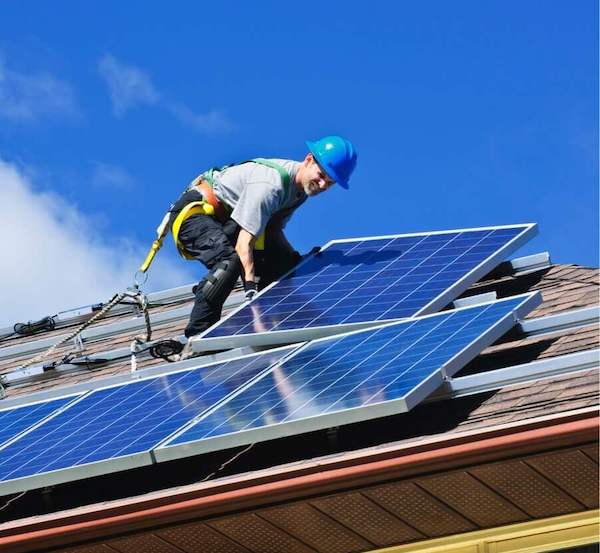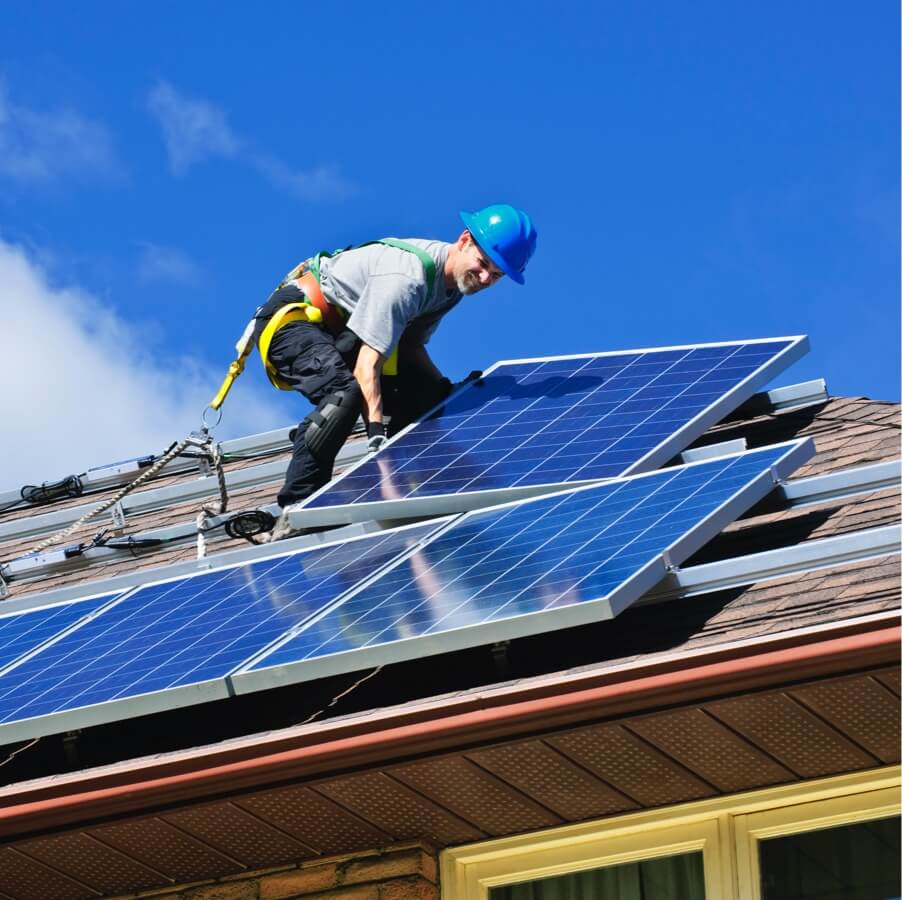Interesting Facts About Massachusetts
Massachusetts, also known as the Bay State; Old Colony State, ranks number 15 overall for population. It has seen a population growth of 7.40% since 2010. The percentage of homeownership in Massachusetts is a whopping 65.3%! This means that 65.3% of the 7,029,917 people in Massachusetts are potentially elligible to install solar panels at their home. Click here to find out if you're elligible for solar panels. Did you know that Massachusetts is the the home of The first World Series, 1903: the Boston "Americans" (became the Red Sox in 1908) vs. the Pittsburg Pirates (Pittsburgh had no "h" between 1890?1911)? it should come as no surprise that the state motto is "Ense petit placidam sub libertate quietem (By the sword we seek peace, but peace only under liberty)".
Massachusetts has a total area of 7,800.06 square miles of which 7,800.06 square miles is land. The average elevation in Massachusetts is 500 feet with the highest point being Mt. Greylock at an elevation of 3,487 feet. The lowest point in Massachusetts is Atlantic Ocean. This type of landscape is generally advantageous for solar panels.







